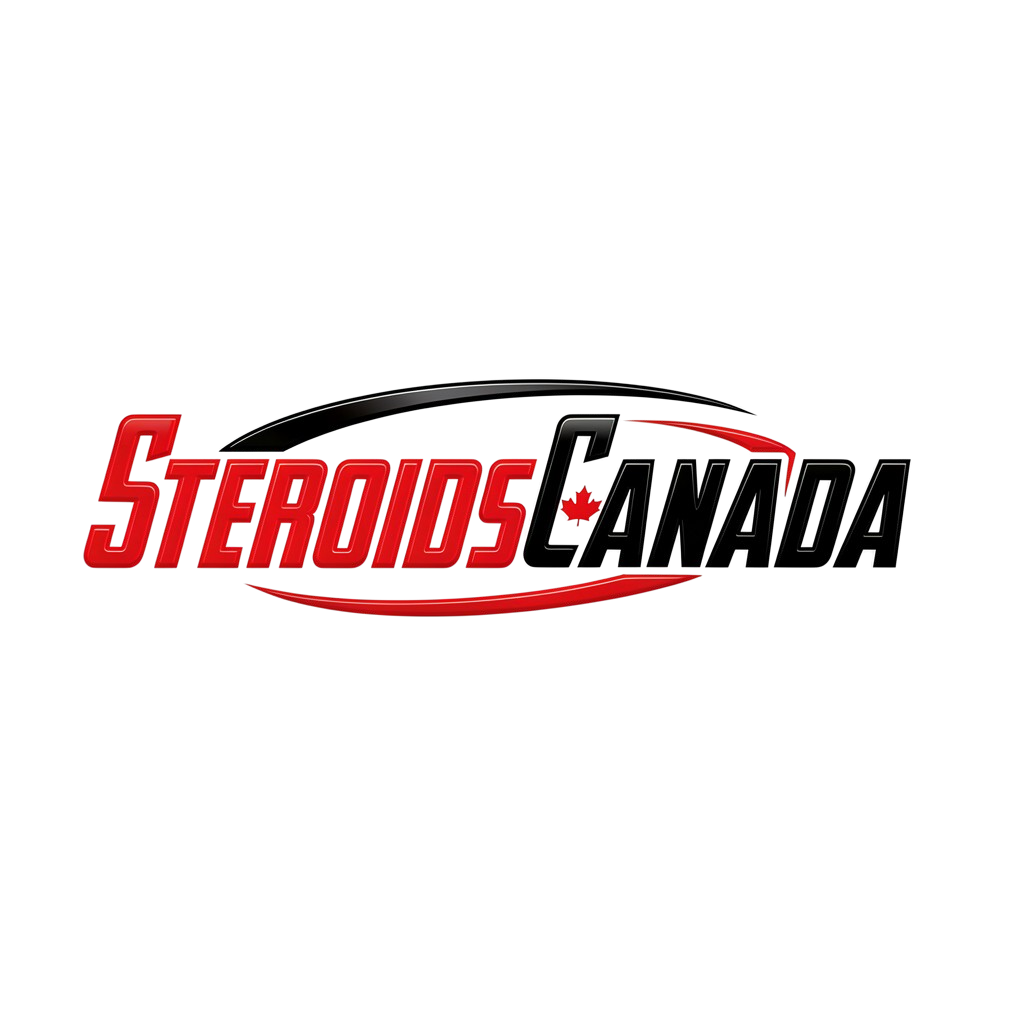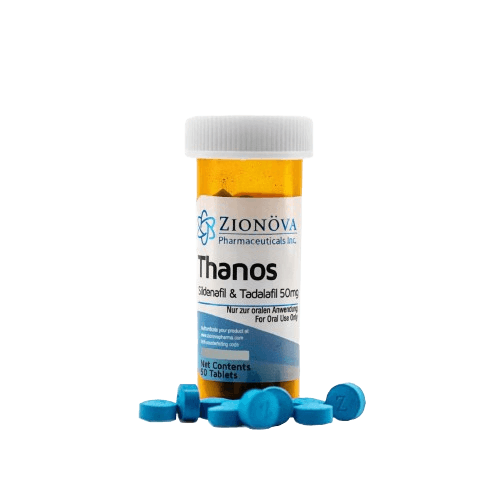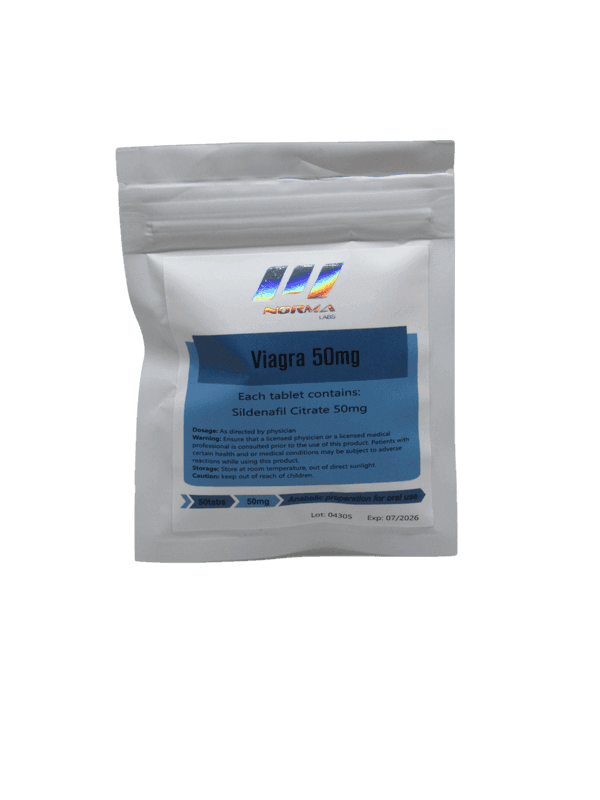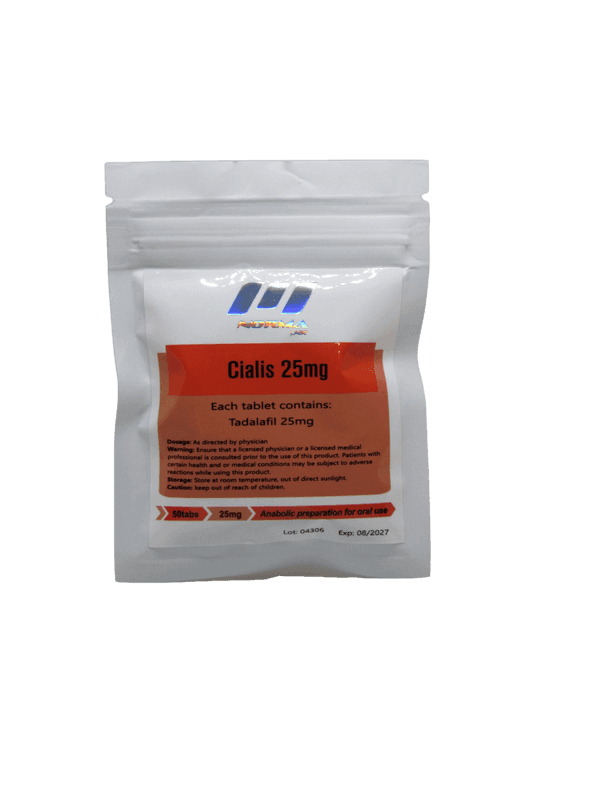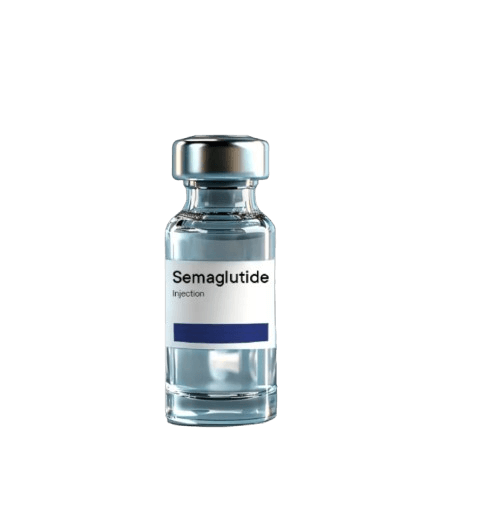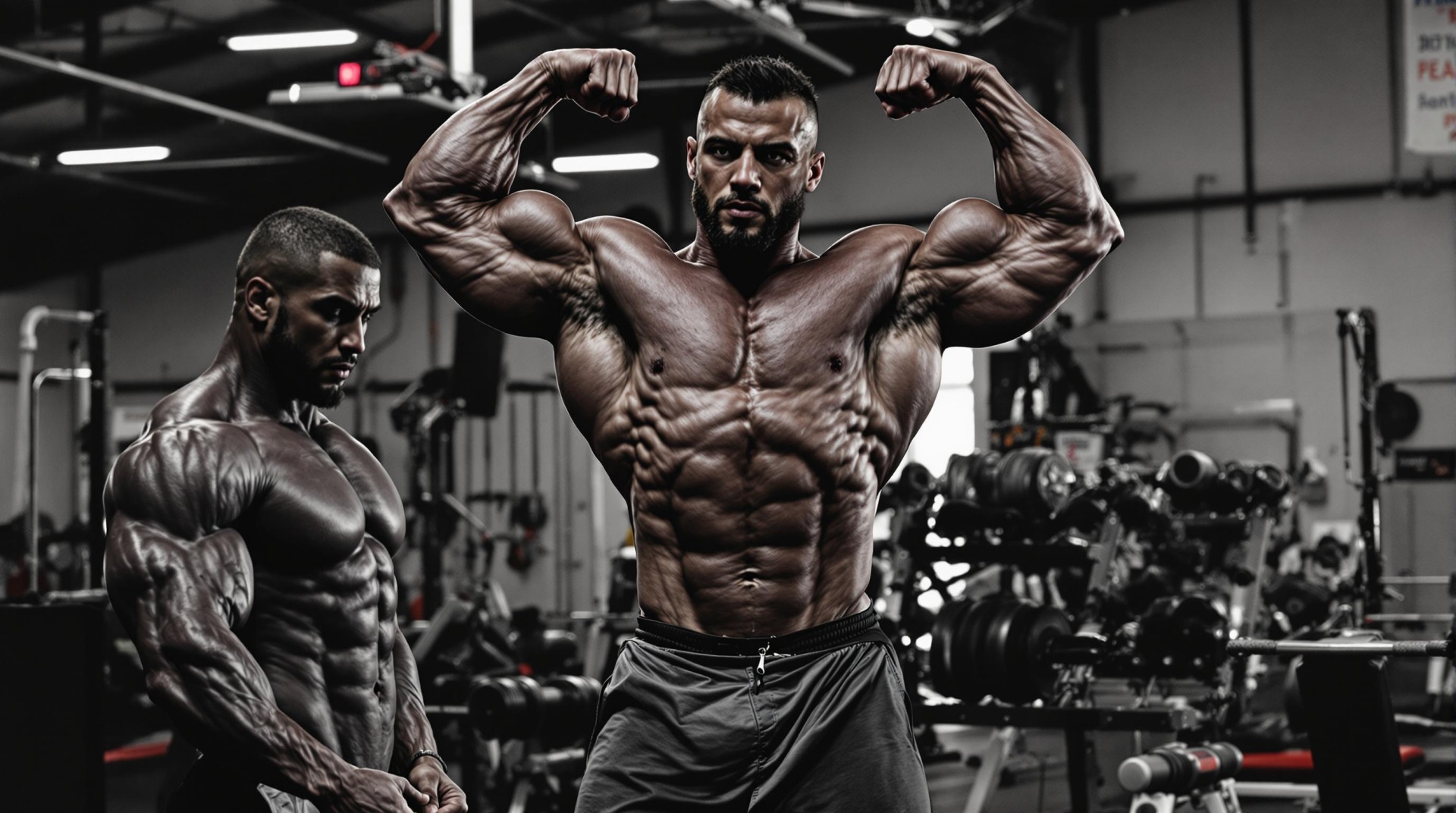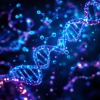[vc_row][vc_column][vc_column_text css=””]
If you’re looking to pack on serious muscle and optimize your workout results, this article is for you. A proper bodybuilding meal plan is crucial in managing your diet, ensuring you get sufficient protein per meal, healthy fat, and the right amount of energy and muscle support. Here, we’ll explain why following a bodybuilding diet matters, how bodybuilders in the off-season can benefit from a structured approach, and why trying to build muscle requires deliberate nutrition and supplementation. By the end, you’ll understand how to create a bodybuilding diet that helps you reach your muscle gain goals, discover the best foods to eat, and get a 7-day bodybuilding meal plan to guide your bulking phase.

What Is Bodybuilding and Why Does It Matter?
Bodybuilding is a strength-centered sport focused on developing skeletal muscle mass and achieving muscle hypertrophy. Bodybuilders aim to showcase their muscle size and muscle strength in competitions, but even if you’re not competing, bodybuilding has incredible benefits for overall fitness, muscle performance, and health. Many people want to gain weight in the form of lean muscle mass, and a structured bodybuilding approach can help you build lean muscle without accumulating unnecessary body fat. By training hard, paying attention to meal frequency, and consuming a diet plan that includes nutrient-dense foods, you can maximize muscle growth and muscle recovery.
Following a bodybuilding meal plan is vital because muscle growth and recovery depend on a proper balance of macronutrients. According to the International Society of Sports Nutrition, sports nutrition plays a significant role in muscle protein synthesis, muscle repair, and muscle following intense workouts. When you focus on getting adequate amino acid intake from whole food sources, supplementing with whey or whey protein, and consistently fueling yourself with balanced meals, you support skeletal muscle hypertrophy. With the best bodybuilding approach, you’ll have more control over your muscle glycogen stores and lean body mass paving the way for long-term health and strength.
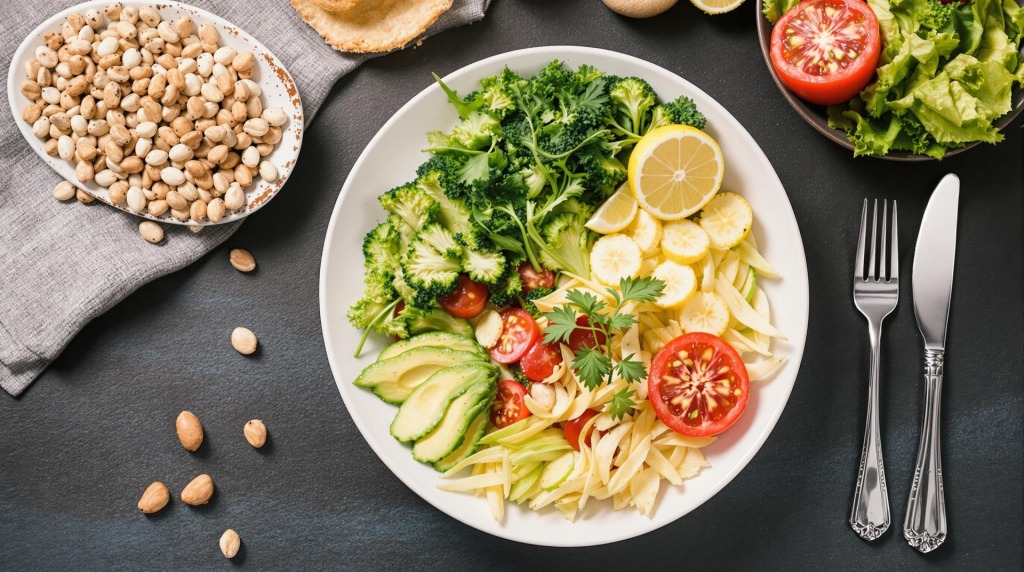
How Can a Meal Plan Transform Your Diet?
A well-structured meal plan is the backbone of any effective bodybuilder’s diet. A diet consisting of the right balance of protein, carbs, and fat helps you gain muscle mass and strength while ensuring you don’t store excess body fat. A high protein diet ensures your body has the amino acids it needs for muscle growth and muscle repair. In contrast, an unbalanced plan that ignores nutrient-dense foods can lead to muscle soreness, poor muscle recovery, and even muscle dysmorphia where you feel you never have enough muscle size.
A bodybuilding meal plan isn’t just about what you eat but also how often. Many athletes consume six meals a day or more to fuel muscle building and prevent muscle tissue breakdown. Each balanced meal should contain the right amount of protein, healthy fats, and quality carbohydrates. Focusing on protein in your diet often from sources like whey protein, protein powder, and whole food proteins helps you optimize muscle protein synthesis. Even a plant-based diet can support muscle growth, provided it’s planned correctly with adequate protein-rich foods, plenty of amino acids, and careful attention to micronutrients.
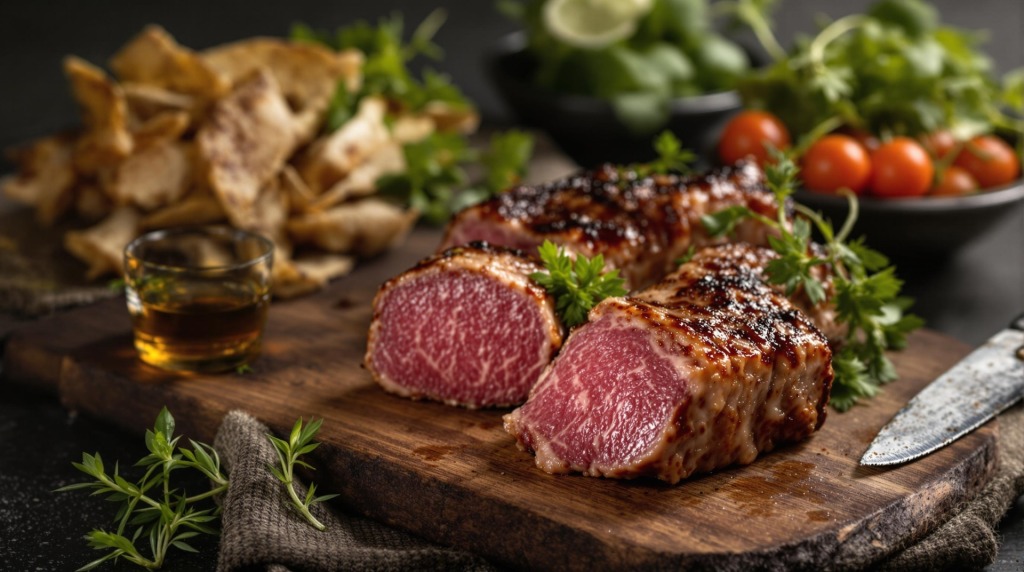
Which Are the Best Foods for a Bodybuilder?
When it comes to bodybuilding, the best foods combine high-quality protein, complex carbohydrates, and healthy fat. Foods that are high in protein, such as lean meats, eggs, and low-fat dairy, are staples in a bodybuilder’s diet because they provide the essential amino acids needed for muscle building. Whole grains, fruits, and vegetables supply necessary vitamins, minerals, and fiber for overall health and energy. Nutrient-dense foods, like oatmeal, quinoa, sweet potatoes, and leafy greens, are also key because they help you stick to your meal plan, support muscle glycogen replenishment, and maintain stable energy levels during a tough workout schedule.
Including nutrient-dense foods does not mean you must avoid dietary fat entirely. Fat is essential for hormone regulation and absorbing fat-soluble vitamins. However, you want to avoid relying on unhealthy trans fats and excessive saturated fats, especially if you want to gain muscle without fat accumulation. Opt for healthier fat sources like avocados, nuts, seeds, and olive oil. These options keep your calorie intake high enough to bulk while promoting heart health and stable energy levels. If you’re combining these choices with protein powder, whey, or other protein supplements, you can ensure you’re meeting your daily grams of protein requirement.
Does Fat Have a Place in a Bodybuilding Meal Plan?
Absolutely. Although “fat” often carries a negative connotation, it plays a key role in any diet, including a bodybuilding diet. Dietary fat assists in hormone production, including testosterone, which is crucial for muscle hypertrophy and muscle mass and strength gains. A strategic amount of healthy fats in your meal and snack regimen will help supply the extra calories you need to eat to sustain an intense workout routine and support muscle without fat compromise. Controlling your fat intake wisely is essential to avoid an excessive increase in body fat.
Balance is always the goal. Consuming too little fat can impair hormone function and limit your ability to build muscle. Conversely, consuming too much fat, especially from low-quality sources, can lead to health problems and overshadow the benefits of a high protein diet. The key is focusing on foods that are high in good fats such as avocados, nuts, seeds, and fatty fish while limiting deep-fried options. By maintaining this balance and tailoring your diet plan to your caloric needs, you can gain muscle mass without gaining too much body fat.
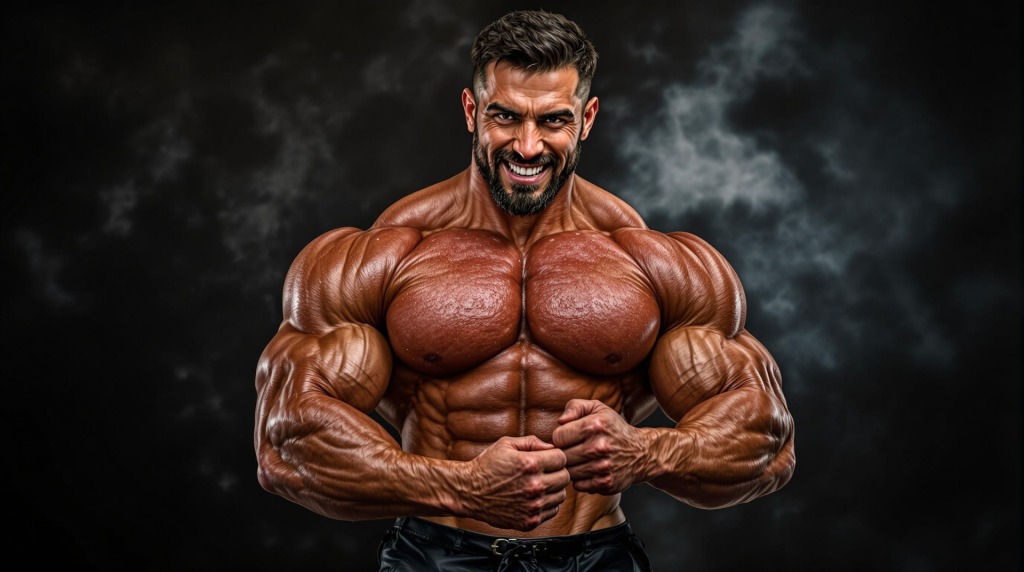
How Do You Create a Bodybuilding Diet for Muscle Gain?
To create a bodybuilding diet that truly supports muscle gain, start by determining your daily caloric needs. From there, allocate macros protein, carbs, and fat based on personal factors like workout intensity, body composition, and overall bulking phase goals. The cornerstone of any muscle-building meal plan is protein. Many experts suggest consuming grams of protein per pound of body weight to stimulate muscle protein synthesis. You can get your protein from sources like chicken breast, lean beef, fish, eggs, low-fat dairy, whey protein, or plant-based options such as beans, lentils, and tofu.
Next, decide on a balanced meal frequency to ensure a steady stream of nutrients for muscle growth and muscle repair. This typically means having multiple smaller meals rather than a few large ones. By spreading out your calorie intake and protein per meal, you keep your muscles fueled throughout the day. Combine lean protein, complex carbohydrates, and healthy fats for each of your six meals. To help you build muscle more effectively, incorporate a variety of nutrient-dense foods in your diet plan. A dietitian can be invaluable in helping to tailor these dietary principles to your unique physique and workout schedule.
What Foods to Eat in a 7-Day Bodybuilding Meal Plan?
When following a bodybuilding meal plan, you need to eat a variety of foods to eat that promote muscle growth and energy. Each day, you’ll want plenty of lean proteins like chicken, turkey, fish, or low-fat dairy, along with a moderate amount of complex carbs like oats, brown rice, or sweet potatoes. Don’t forget nutrient-dense vegetables and fruits for vitamins and antioxidants, as well as healthy fats to keep your hormone levels in balance. This balanced meal approach promotes steady muscle glycogen replenishment and lean body mass gains.
A 7-day bodybuilding meal plan typically includes a rotation of protein-rich foods, healthy fat sources, and high-fiber carbohydrates to help you gain muscle mass while limiting body fat accumulation. For example meal ideas: breakfast could be egg whites, oats, and berries; lunch might be chicken breast, quinoa, and broccoli; and dinner could feature salmon with sweet potato and a side of spinach. Snacks can include whey shakes, Greek yogurt, cottage cheese, or a handful of nuts. This sample meal plan gives you structure and ensures you’re not under-eating or over-eating calories.
Is a Sample Meal Plan Important for Muscle Building?
Yes, having a sample meal plan is crucial for muscle building because it provides a clear roadmap of what to consume each day. It eliminates guesswork and helps you stay committed to your goals, whether they involve gaining muscle size, reducing body fat, or maintaining your current weight. It also helps you track and adjust your macros more precisely. If you want to avoid stalling in your progress, you need consistency in both training and nutrition.
For many individuals, having the guidance of a sample meal plan can be the difference between success and frustration. By adhering to a structured eating plan, you can ensure each meal delivers the right balance of protein, carbs, and fat to support muscle growth and recovery. This consistency fosters muscle hypertrophy and supports muscle groups you target in your workouts. Additionally, building out a muscle-building meal plan will help you monitor how your body responds to different foods, letting you tweak your intake as needed for best results.
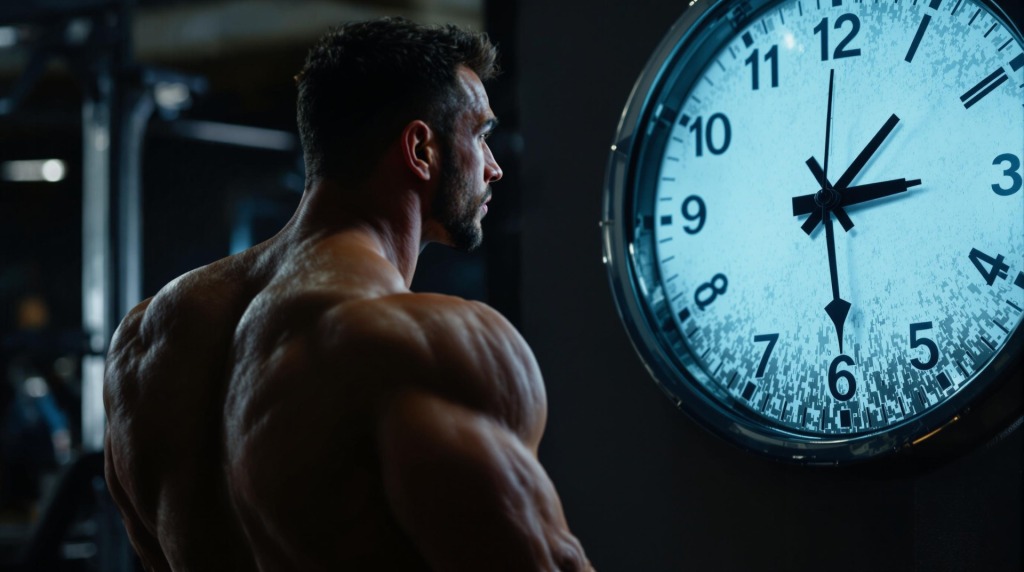
How Often Should You Eat in an Eating Plan?
Meal frequency often depends on personal preference and your daily schedule. Some people thrive on six meals a day, while others prefer three larger meals plus strategic snacks. The important factor is total daily caloric intake and ensuring you consume enough protein-rich foods to keep muscle protein synthesis active. Spacing your meals evenly throughout the day can help stabilize blood sugar, fuel your workouts, and promote muscle glycogen storage.
No matter how often you eat, make sure you consistently meet your daily macros and calories. If you plan to gain muscle mass and strength, each meal should contain a mixture of lean protein, healthy fats, and quality carbohydrates. The bulking phase requires a caloric surplus, but that doesn’t mean mindlessly overeating junk food. Instead, focus on nutrient-dense foods that promote lean muscle mass gains, while also controlling your body fat levels. Paying attention to meal frequency helps you better manage your energy levels for hard training sessions and muscle recovery.
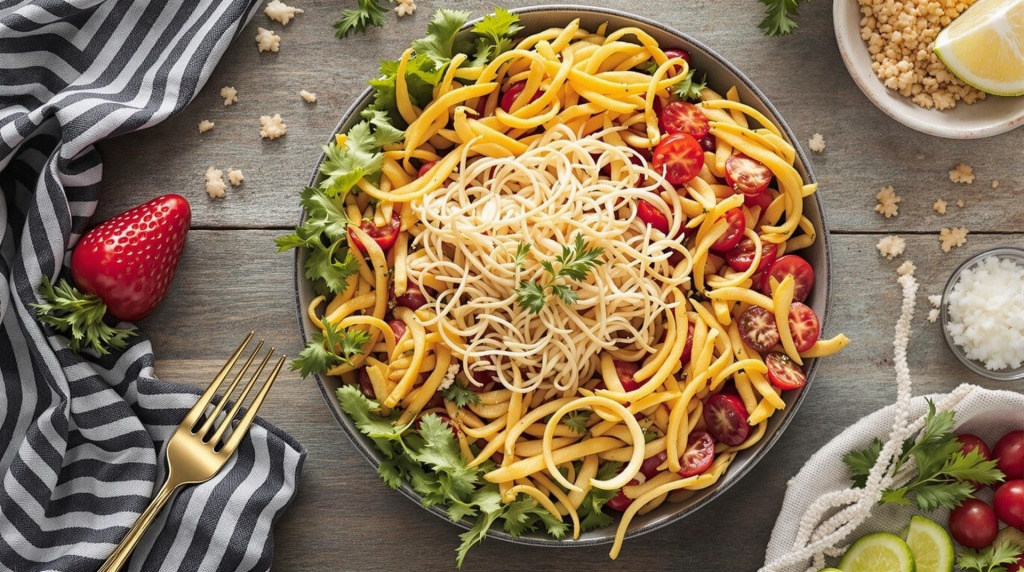
How Can You Customize a 7-Day Meal Plan for Your Goals?
A 7-day meal plan is not one-size-fits-all. The key to its effectiveness lies in customization. If you want to gain muscle without fat, you may need to increase your protein and calorie intake while carefully managing dietary fat and carbohydrates. On the other hand, someone looking to maintain might only need a slight caloric surplus or an even distribution of macros. You can tweak a muscle-building meal plan by adjusting portion sizes, adding or removing protein powder or whey protein shakes, and changing the types of carbohydrates based on your body’s response.
If you’re noticing you aren’t adding as much muscle as you’d like, consider adjusting your protein intake. Aim for a certain number of grams of protein per pound of body weight, as recommended by evidence-based research from the international society of sports nutrition. If that still doesn’t help you build muscle effectively, experiment with adding more complex carbs and healthy fat sources while keeping an eye on your body fat levels. Remember, the main goal is a plan that includes enough calories and macros to spur muscle hypertrophy and muscle performance while keeping you healthy.
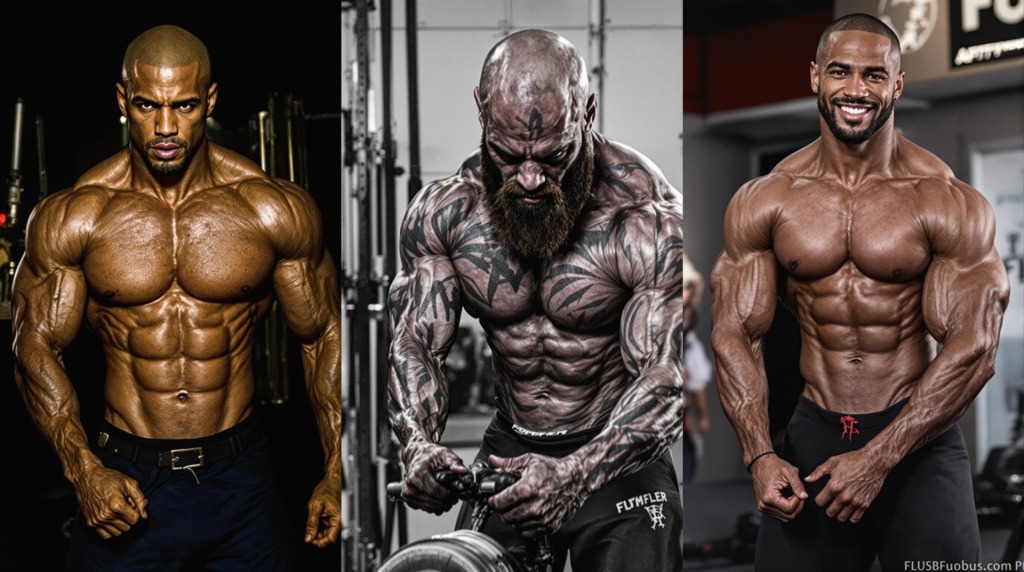
What Are the Next Steps for Following a Bodybuilding Meal Plan Successfully?
Following a bodybuilding meal plan means committing to consistency and daily planning. Meal prepping and scheduling can help you avoid slip-ups that derail your progress. By setting aside time each week to cook meals, portion out snacks, and track your intake, you’ll create a routine that keeps you on course. A good approach to nutrition and supplementation often involves a combination of whole food meals, shakes containing whey protein, and the right mix of micronutrients to support muscle glycogen, muscle repair, and muscle recovery.
Equally important is the need to adapt and evolve. Bodies change over time; as you gain muscle, your caloric requirements might shift. Track your progress, adjust your macros, and update your meal plan accordingly. This level of flexibility ensures you keep achieving muscle mass and strength improvements and remain on the path to building the physique you desire. Remember, following a bodybuilding meal plan is a long-term strategy, not a quick fix consistency, monitoring, and willingness to refine your approach will ultimately yield the best results.
Final thoughts about this guide.
-
- Bodybuilding focuses on skeletal muscle hypertrophy, making diet and meal plan design essential.
- Balance your fat intake with nutrient-dense foods to support muscle mass gains and manage body fat.
- A bodybuilder should follow a bodybuilding meal plan to build muscle and optimize muscle growth.
- Consistent workout routines and adequate whey or whey protein can support muscle glycogen and enhance recovery.
- Don’t forget the role of bulk, sports nutrition, and protein powder to round out your diet plan.
- Only gain weight in lean mass; rely on expert advice from a dietitian and research from the international society of sports nutrition.
- Incorporate gain muscle, protein per, meals a day, and grams of protein for sustained muscle gain and muscle protein synthesis.
- Foods to eat vary, but a plant-based diet can also fuel increase muscle and support a 7-day bodybuilding meal plan.
- Muscle hypertrophy, especially for bodybuilders in the off-season, demands a strategic approach to muscle mass and strength and following a bodybuilding mindset.
- Use nutrition and supplementation effectively because you need to eat enough to recover from muscle soreness.
- Remember to create a bodybuilding diet especially if you’re trying to build muscle with each meal and snack.
- Following a bodybuilding meal plan emphasizes whole food, the best foods, and the right macros per meal for muscle building.
- In a bulking phase, fill your plate with nutrient-dense foods while safeguarding muscle glycogen and lean muscle mass for proper muscle repair and muscle recovery.
- Aim to increase lean body mass, consider six meals, focus on a high protein diet, and think about muscle without excessive fat.
- You might need grams of protein per day and a strategic eating plan; even a plant-based diet works if you want to gain weight and build lean muscle.
- The synergy of muscle growth and recovery plus meal frequency fosters skeletal muscle hypertrophy and better muscle strength.
- If you want to avoid plateaus and increase muscle mass and strength, stick to your meal plan for a 7-day meal plan to track consistent progress.
- Always strive to grow your muscle size through a well-structured bodybuilder’s diet without adding too much muscle at once.
- The best bodybuilding strategy nurtures skeletal muscle mass and averts muscle dysmorphia; a sample meal plan can provide clarity.
- A muscle-building meal plan provides energy and muscle synergy to maximize muscle growth a plan that includes ample nutrients helps you gain muscle mass.
- Supplements can help you build muscle, but avoid foods to avoid that derail progress opt for a balanced meal approach to gain muscle without harmful side effects.
- Whether you’re packing on serious muscle or refining your physique, consistent protein in your diet helps achieve muscle without fat gains and maintain muscle glycogen stores.
- Try an example meal approach that feeds your muscle tissue with a protein-rich diet targeting multiple muscle groups. A well-structured diet can help you tap into foods that are high in nutrients to optimize muscle.
- Consider a diet consisting of top-quality foods to fuel muscle following training for better muscle performance.
By combining all these strategies into a cohesive approach, you’ll be well on your way to mastering your bodybuilding journey. When you align your nutrition, training, and lifestyle, you’ll see tangible results healthier body fat levels, stronger skeletal muscle, and the confidence that comes from knowing you’re fueling your body for peak muscle building potential.
[/vc_column_text][/vc_column][/vc_row][vc_row][vc_column][vc_column_text]
Steroid Solutions in Canada[/vc_column_text][/vc_column][/vc_row]
